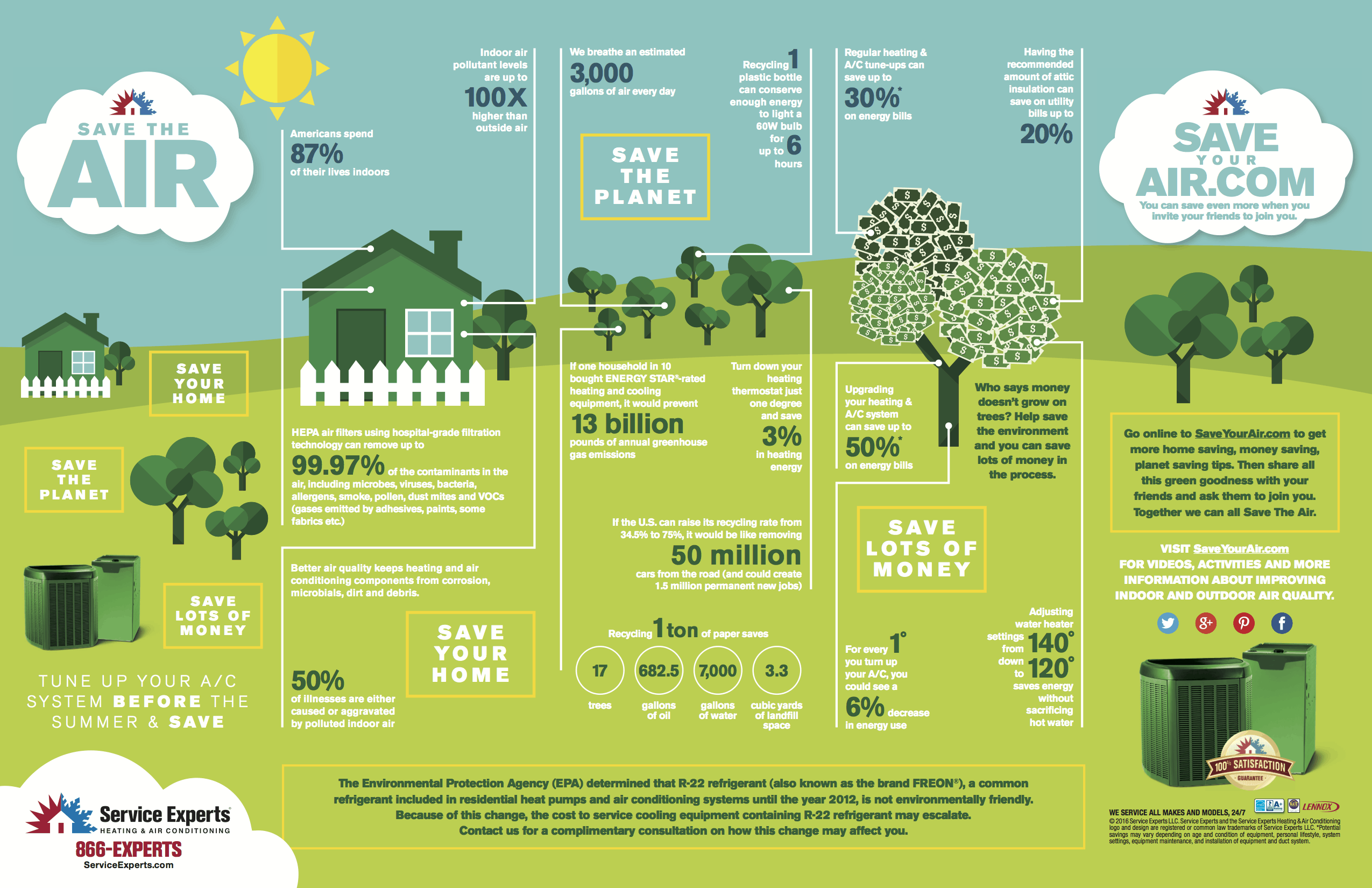The Future Of Home Home Heating - How Heat Pump Innovation Is Advancing
The Future Of Home Home Heating - How Heat Pump Innovation Is Advancing
Blog Article
Created By-Marshall Oliver
Heatpump will certainly be a critical modern technology for decarbonising heating. In a circumstance regular with governments' introduced energy and climate commitments, their global ability doubles by 2030, while their share in heating rises to one-quarter.
They function best in well-insulated homes and depend on electrical energy, which can be supplied from an eco-friendly power grid. Technological advancements are making them more efficient, smarter and less costly.
Fuel Cells
Heat pumps utilize a compressor, cooling agent, coils and followers to move the air and warm in homes and appliances. They can be powered by solar power or power from the grid. They have been acquiring appeal because of their inexpensive, peaceful operation and the ability to generate electrical power during peak power demand.
Some firms, like IdaTech and BG MicroGen, are dealing with gas cells for home heating. These microgenerators can change a gas central heating boiler and generate some of a residence's electric requirements with a link to the power grid for the rest.
However there are factors to be cynical of using hydrogen for home heating, Rosenow says. It would certainly be costly and ineffective compared to other technologies, and it would certainly contribute to carbon emissions.
https://docs.google.com/spreadsheets/d/1QamJmgvCoo2gPNMF6CLm1hIOPmKaJ4V4g2VF7xUhWbQ/edit?gid=905340785#gid=905340785 and Connected Technologies
Smart home modern technology allows house owners to link and control their gadgets remotely with the use of smartphone apps. For example, smart thermostats can learn your home heating preferences and instantly adapt to maximize energy intake. Smart lighting systems can be managed with voice commands and immediately turn off lights when you leave the room, decreasing power waste. And smart plugs can keep track of and manage your electric usage, enabling you to identify and restrict energy-hungry appliances.
The tech-savvy home portrayed in Carina's meeting is an excellent picture of exactly how occupants reconfigure space heating practices in the light of new clever home technologies. They count on the tools' computerized features to accomplish daily changes and concern them as a hassle-free methods of performing their heating practices. As such, they see no factor to adapt their methods even more in order to make it possible for versatility in their home power need, and treatments aiming at doing so might deal with resistance from these houses.
Power
Since heating homes represent 13% of US emissions, a button to cleaner choices could make a large difference. However the modern technology faces difficulties: It's expensive and calls for considerable home restorations. And it's not constantly compatible with renewable energy resources, such as solar and wind.
Until just recently, electric heatpump were too expensive to take on gas versions in most markets. However new technologies in design and materials are making them more inexpensive. And far better cool climate efficiency is allowing them to function well even in subzero temperatures.
The following step in decarbonising heating might be the use of heat networks, which draw warmth from a central resource, such as a close-by river or sea inlet, and distribute it to a network of homes or buildings. That would reduce carbon emissions and permit families to benefit from renewable energy, such as green electricity from a grid provided by renewables. This option would be less expensive than changing to hydrogen, a nonrenewable fuel source that calls for new framework and would just reduce carbon dioxide exhausts by 5 percent if coupled with enhanced home insulation.
https://nwi.life/article/summer-savings-tips-you-can-use-now/
As electricity rates drop, we're beginning to see the exact same pattern in home heating that has driven electrical autos right into the mainstream-- but at an even much faster rate. The solid climate situation for impressive homes has actually been pushed additionally by brand-new research study.
Renewables make up a substantial share of contemporary warmth usage, but have actually been provided limited policy interest around the world compared to other end-use sectors-- and also less interest than power has. In part, this shows a mix of customer inertia, divided incentives and, in numerous countries, aids for fossil fuels.
New innovations can make the shift simpler. For example, heat pumps can be made much more energy reliable by replacing old R-22 cooling agents with brand-new ones that do not have the high GWPs of their precursors. Some experts additionally envision area systems that attract warmth from a neighboring river or sea inlet, like a Norwegian arm. The cozy water can then be utilized for heating & cooling in a community.